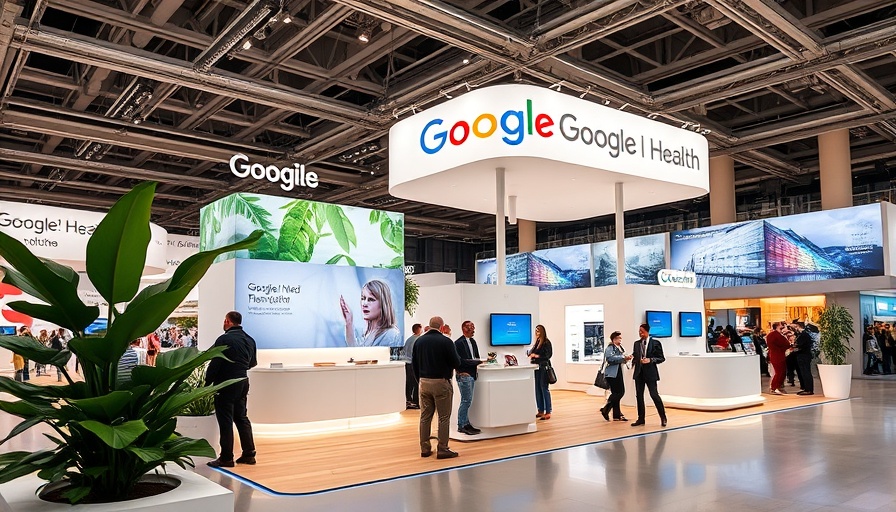
Google’s Groundbreaking FDA Clearance for Heart Monitoring
In a significant leap for health tech, Google has secured FDA clearance for the innovative Loss of Pulse Detection feature on its Pixel Watch 3. This cutting-edge feature can identify when a user suffers a loss of pulse—potentially alerting emergency services if the individual is unresponsive. By utilizing built-in sensors, the smartwatch can detect critical health situations, including cardiac arrest or respiratory failure, and initiate a call for help if no movement is detected.
A Life-Saving Feature Designed for All
The possibilities this watch presents are profound. While it's not planned for those with preexisting heart conditions or cardiac monitoring needs, it could provide peace of mind to users who may find themselves alone during an emergency. As Jake Sunshine, a research scientist at Google, explains, the alarm could alert those nearby, significantly increasing the chance of survival. Out-of-hospital cardiac arrest affects over 356,000 people annually in the U.S., making timely response critical.
Teladoc’s Haunting Performance Prospects
In a stark contrast to Google's advancements, Teladoc Health is facing a challenge as it reports a 1% decline in yearly revenue, amounting to $2.57 billion. The telehealth giant, known for its virtual healthcare services, is grappling with ongoing issues pertaining to its BetterHelp platform, which provides mental health support but has faced scrutiny regarding its effectiveness and safety. As digital healthcare evolves, the struggle is evident—how can companies like Teladoc innovate in an increasingly saturated market?
What This Means for Users
The juxtaposition of Google's leap forward with its health-tracking capabilities against Teladoc's challenges highlights the dynamic changes in healthcare technology. The potential of the Pixel Watch could lead the way for more personalized health monitoring solutions. For consumers, these advancements signal that we are entering a new arena of proactive health management tools, enabling quicker responses to health crises.
A Call for a New Era in Health Tech
The innovations by tech giants mean more than improved products; they pave the way for a future focused on health empowerment through technology. As wearables become an integral part of health management, it’s crucial for companies like Teladoc to adjust their business models accordingly. Enhanced user trust and effective communication about safety and reliability will drive the industry forward.
 Add Row
Add Row  Add
Add 


Write A Comment